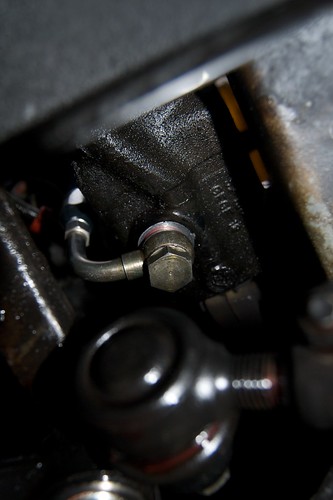All You Need To Know About Auto Repair
Do you wish you could fix your car yourself? Fixing a car can be intimidating, but it is a very rewarding experience. You will realize savings, and your car will last much longer. Read the following tips to see how you can do-it-yourself and enjoy repairing your own vehicle. It is not a waste of money to own a battery charger for your vehicle.
This is a common cause of breakdowns, and carrying a charger helps other drivers as well as yourself. Learn how to find the points where the battery charger connects.
You don't have to get a mechanic in for simple repairs. You can do a number of things on your own if you know how to. If you want to take a chance, you can go online and do some research to pinpoint what the problem is. If it is a basic issue, attending to the repair yourself could save a considerable amount of money.
Always ask lots of questions at the shop where you are getting your car repaired. These questions should be geared around the problems that you faced and what actions you can take so that they will not happen again.
One of the best ways to reduce costs is by preventative maintenance. Make sure you know what is in your auto manual, and mark certain pages for reference.
When you visit a car shop, mechanics will need to know particular information about your car. You can find the information you need to know in your owner's manual. Every time your car is repaired, regardless of how minor the problem was, make sure you keep a record. If you experience future problems with your vehicle, this past record will help the mechanic in diagnosing the problems. No records means a blank slate to go on.
Test Drive
Make sure you often check the radiator. Let the car run briefly, shut the engine, then open the hood. Don't open your radiator if your car is running. Use your dipstick to check fluid levels and mix water with coolant ahead of pouring it in. If possible, test drive your car prior to paying for repairs.
A lot of people forget to test drive their vehicle and pay for repairs that did not really fix their problem. Before dropping your car off for repairs, remove any valuables. Your personal items can get in the mechanics way, and they may have to move them. Remove everything from your trunk too. Your wiper blades should never be forgotten about. If your windshield wipers cause streaks or make noises, they may need replacing.
They should be replaced yearly or more frequently if you drive in a rainy locale. You do not have to contact a mechanic every time your car has problems. There are a lot of things you can do easily. If you're feeling lucky, look online to figure out the problem. It isn't all that hard, and you can really save lots of money by repairing your car yourself. Ask friends for referrals. The search process can be improved with recommendations from friend and loved ones.
Even after getting a few names, though, do your research. Checking out online customer reviews for a given garage is a must, and it doesn't take long at all. Talk to your mechanic about the rates that you will have to pay. Make sure you're asking questions if you're not sure about the shop's rates. You must be able to tell how the repairs are being billed to you.
Auto repair shops may use the estimated repair time established by certain manufacturers. Some "minor" repairs can take all day according the the estimates of the manufacturer. Look at flashing lights on your dashboard and learn what each one signifies.
They're there for a reason. Don't ignore any dashboard lights that come on, as the problem may grow worse if it's ignored. It is a good idea to familiarize yourself well with your car's manual. When you visit a car shop, mechanics will need to know particular information about your car. What you think may be an issue, may not be at all according to the manual. Learn about car part classifications so that you are aware of what is going on during your repair.
There are three conditions: salvage, new, and rebuilt and re-manufactured. New parts are brand new and made to the manufacturer's specification. If you are offered parts that are reconditioned or rebuilt, this means that they have been re-manufactured so that they are like new.
Salvage parts are used. Don't be intimidated by the subject of auto repair. Just focus on the parts you need to work on, and it will get drastically easier. Use these tips whenever necessary. Utilize them so that you can make repairs to your car the next time you encounter problems.






No comments:
Post a Comment